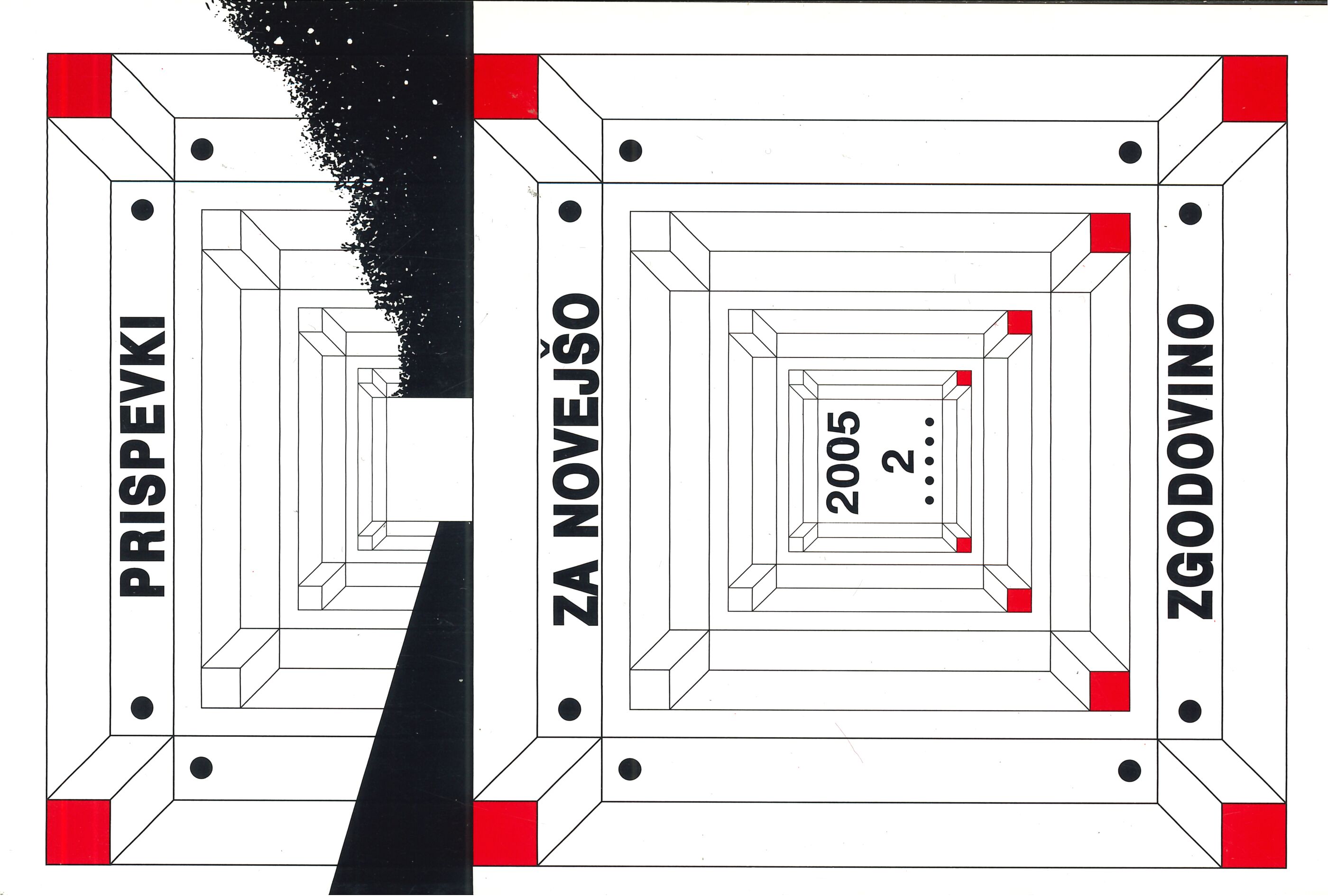"Yugoslavism" and Inter-Ethnic Relations in Yugoslavia in the 1950's
Keywords:
Yugoslavia, communists, national question, interethnic relations, YugoslavismAbstract
In her paper, the author deals with the inter-etbnic relations in Yugoslavia and the phenomenon of Yugoslav integralism in the 1950's. This decade saw the resurfacing of the national question, essential for the preservation of Yugoslavia, which had been underestimated and ignored by the communists for over a decade. This attitude was partly rooted in their conviction that the question had been definitely resolved with the revolution and the formation of a federal slate, and partly in the fear that a reopening of the national question might provoke internal conflicts and a disintegration of Yugoslavia. Infatuation with workers' internationalism also played its part. In order to smooth over the inter-ethnic differences they recoursed to the magic formula of "brotherhood and unity" to which was added, in the mid 1950's, the promotion of "Yugoslavism" i.e. an attempt to fashion a (super)ethnic, Yugoslav conscience.
Downloads
Published
Issue
Section
License
Authors who publish with this journal agree to the following terms:
- Authors retain copyright and grant the journal right of first publication with the work simultaneously licensed under a Creative Commons Attribution License that allows others to share the work with an acknowledgement of the work's authorship and initial publication in this journal.
- Authors are able to enter into separate, additional contractual arrangements for the non-exclusive distribution of the journal's published version of the work (e.g., post it to an institutional repository or publish it in a book), with an acknowledgement of its initial publication in this journal.
- Authors are permitted and encouraged to post their work online (e.g., in institutional repositories or on their website) prior to and during the submission process, as it can lead to productive exchanges, as well as earlier and greater citation of published work (See The Effect of Open Access).


